
The budget sends a clear message – Russia is preparing to live, and fight, as a besieged fortress for years to come, even if doing so slowly drains the vitality of its economy and society.
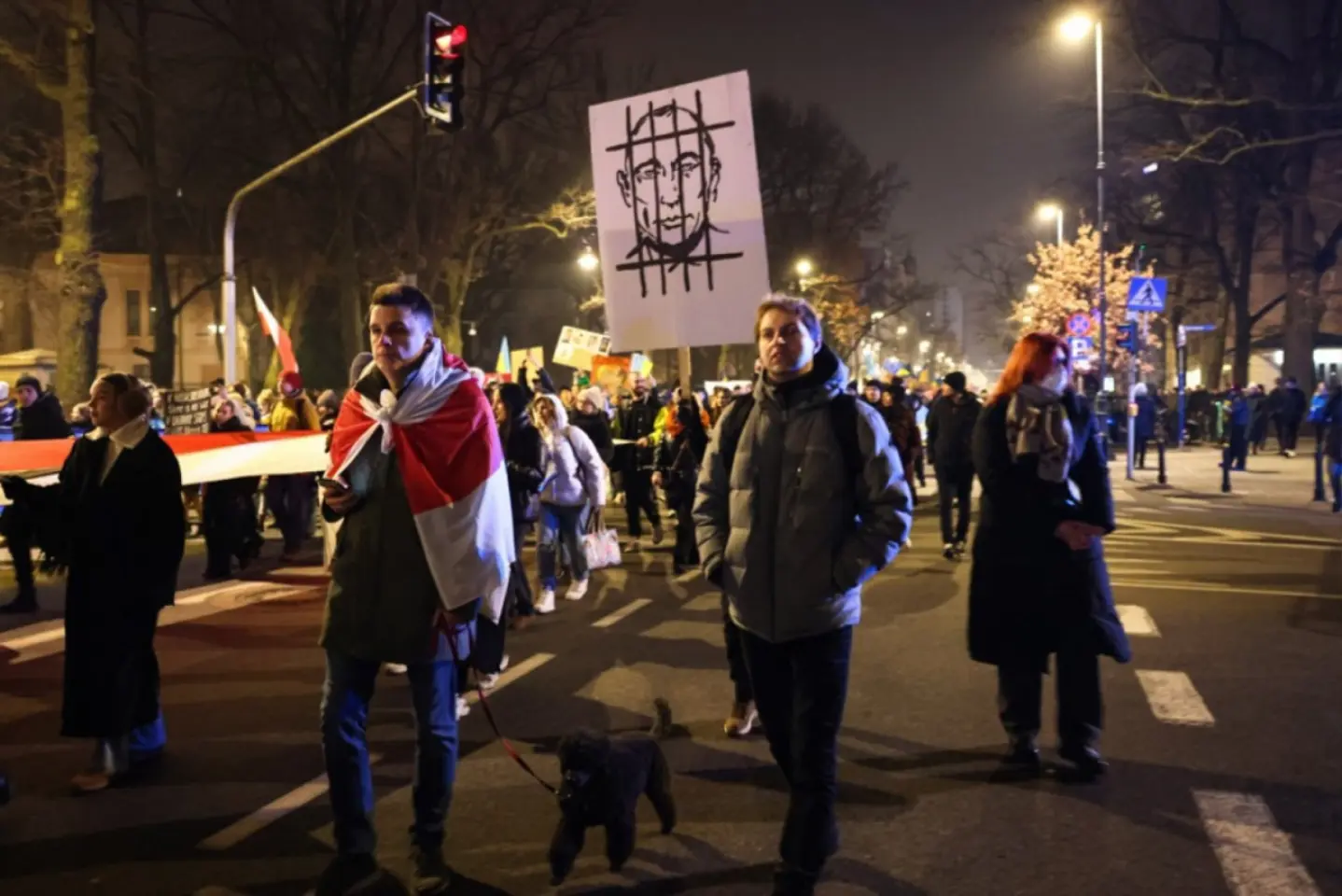
A month after Russian drones were brought down over Poland, Warsaw feels normal again. Politicians resumed their quarrels, and the news cycle has moved on. Yet something in the public mood has shifted – a low, persistent awareness that Poland is being watched, probed, and measured.
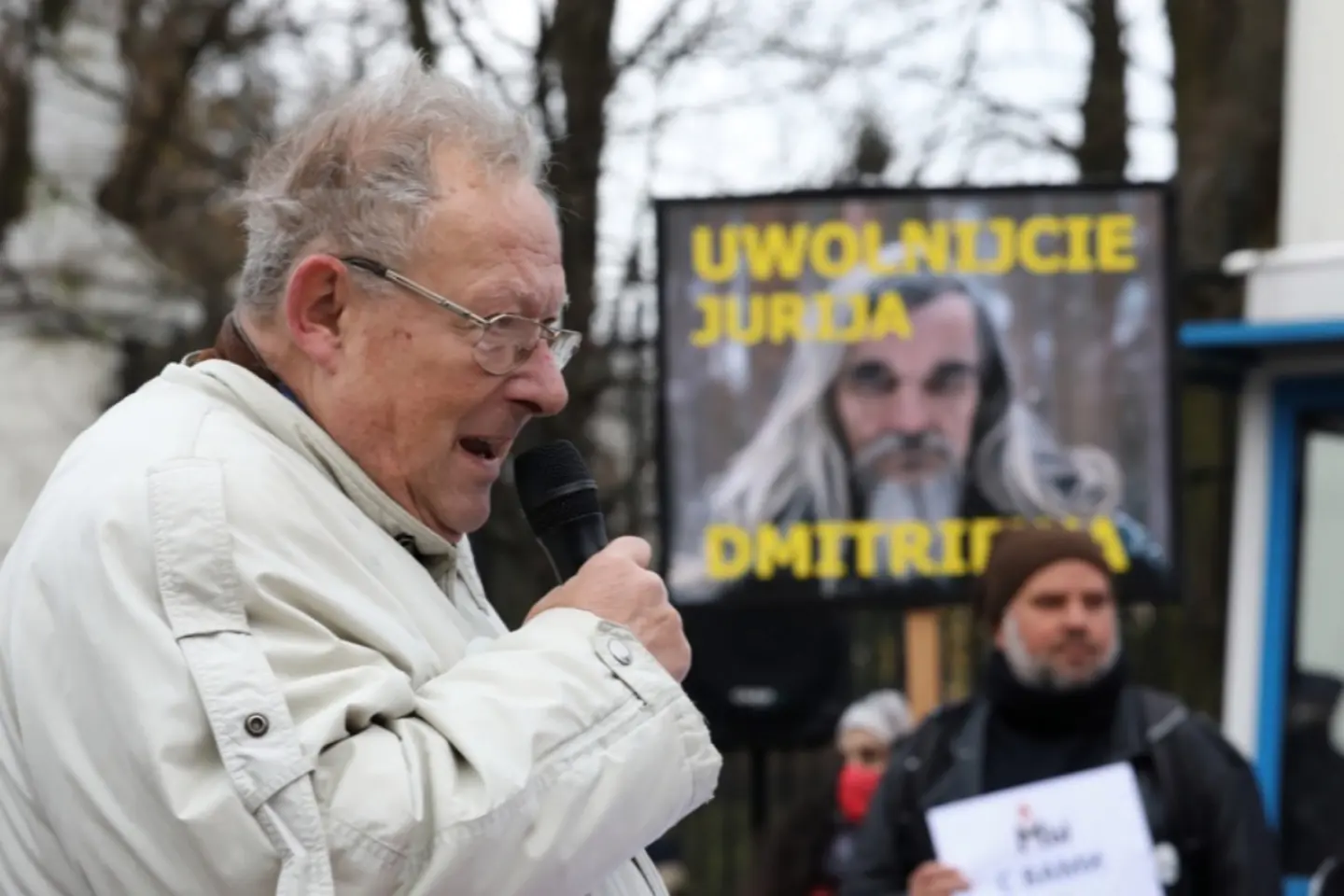
Adam Michnik's creed has always been to serve the values of liberalism and pluralism, where reason guides society, to serve basic Christian values, where truth will set us free and where there is morality in politics; and that can only happen in the world of European civilization.
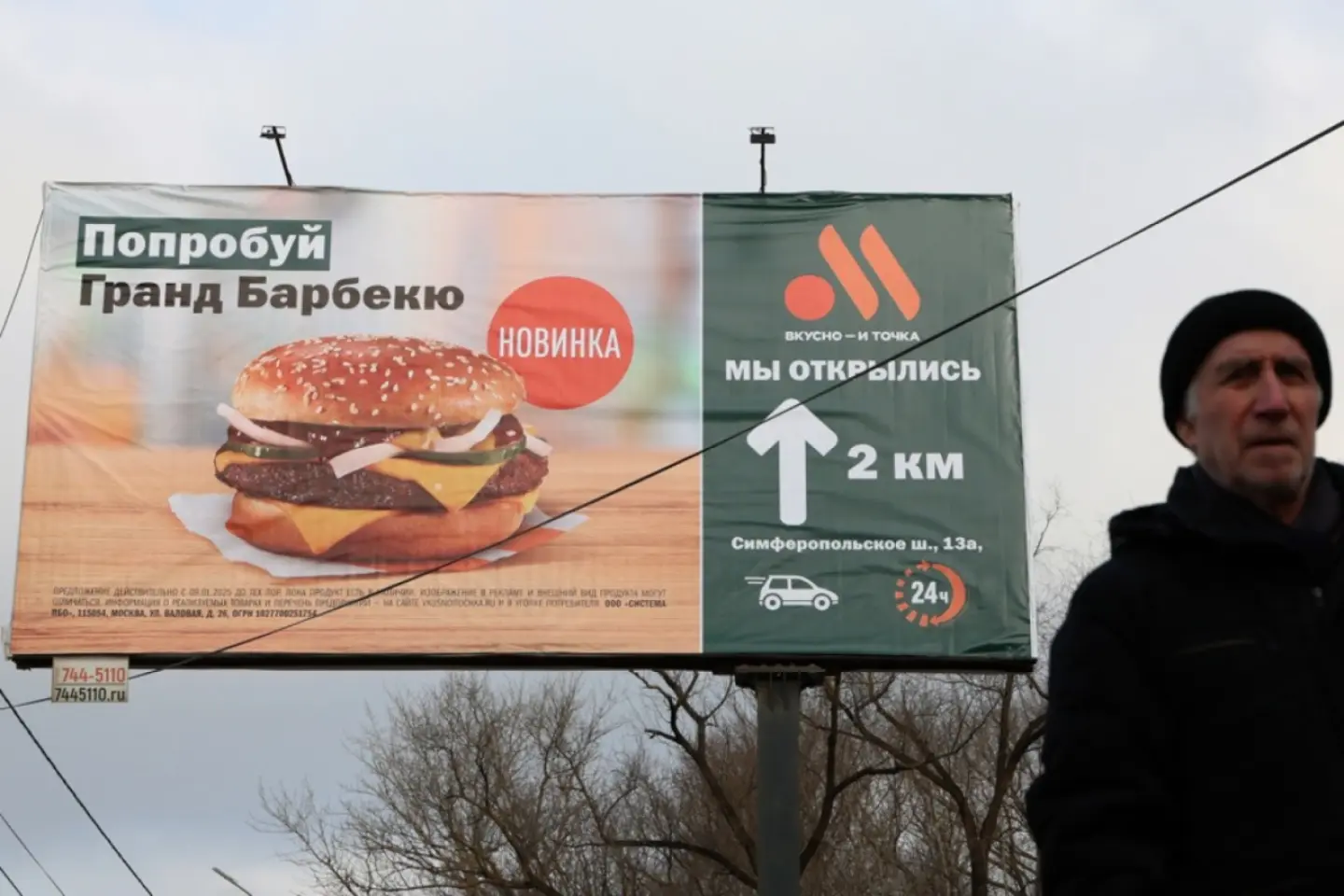
Ukraine faces increasing dependence on Western support. Russia will likely face critical fiscal constraints within 12-24 months. Meanwhile, China, the United States, and some third countries are extracting gains from the conflict.
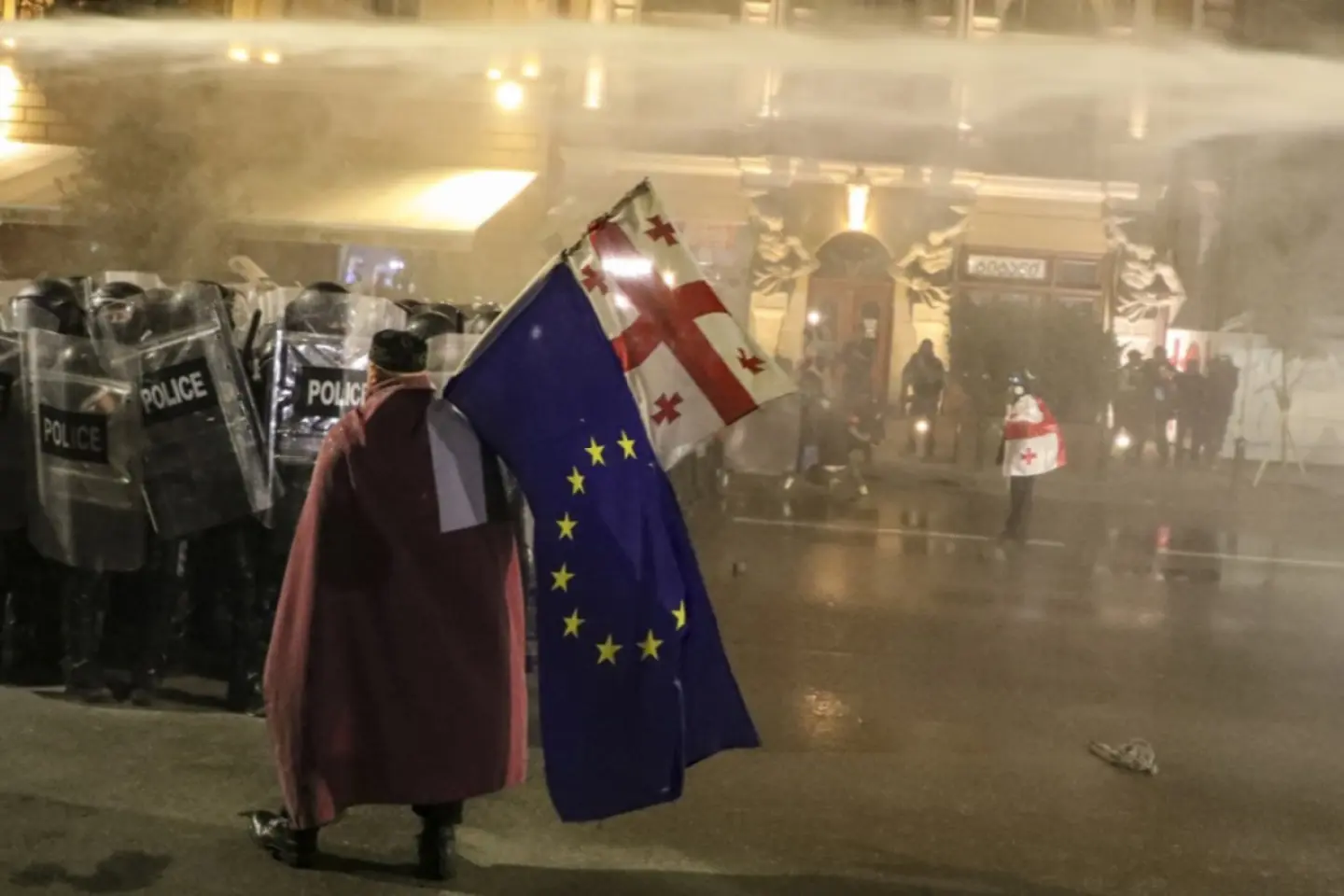
The ruling Georgian Dream party won, by a landslide, yet another round of elections in Georgia. The elections took place against a background of democracy backsliding, and increasing harassing of a fractured opposition.
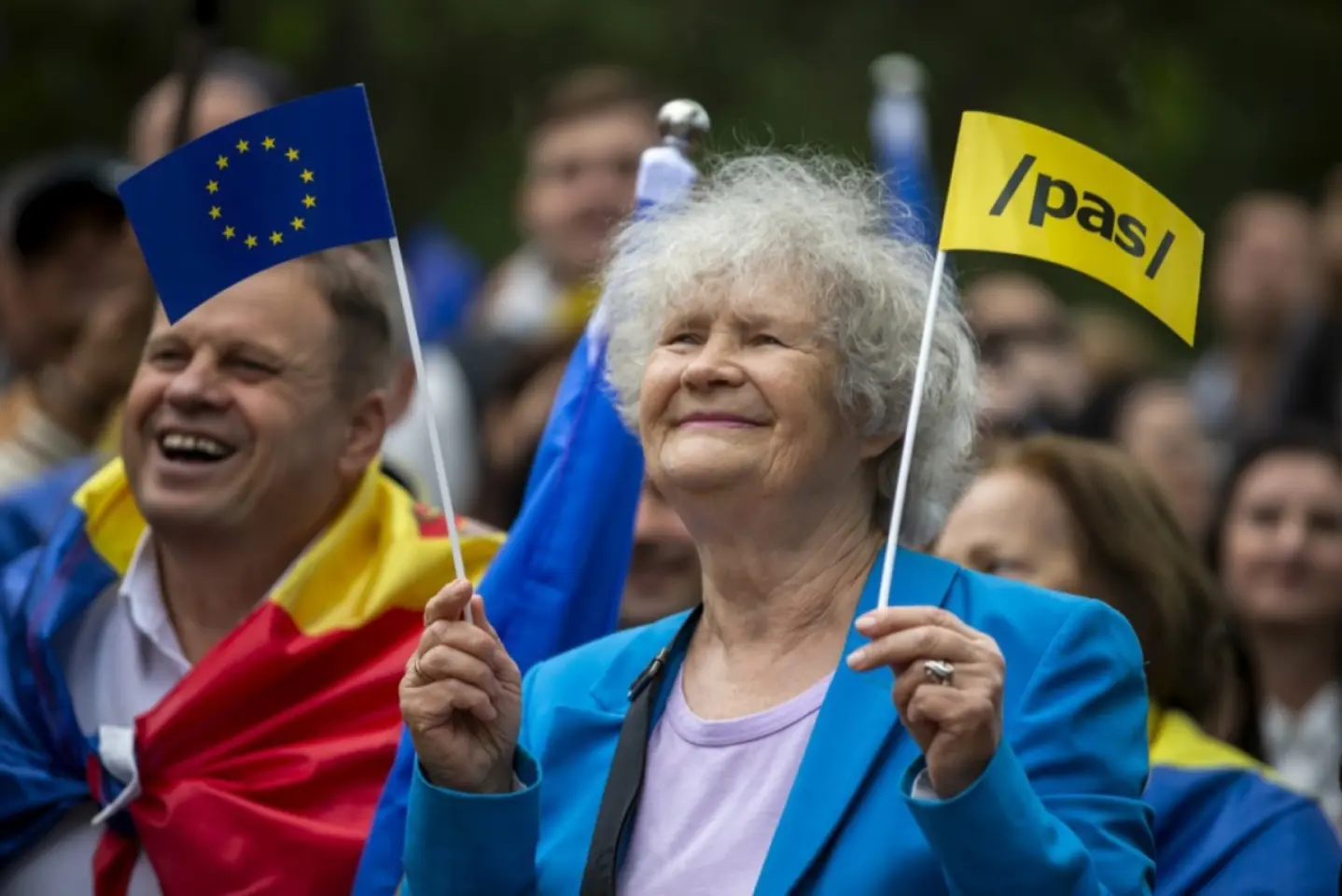
(Pro-)Russian propaganda seeks to convince the world that Russia is unstoppable. However, the parliamentary election in Moldova showed that, when facing smart opposition, Moscow cannot win the hybrid war — not even against a country with infinitely smaller resources. The lessons Moldova offers may prove valuable for both NATO and Romania.
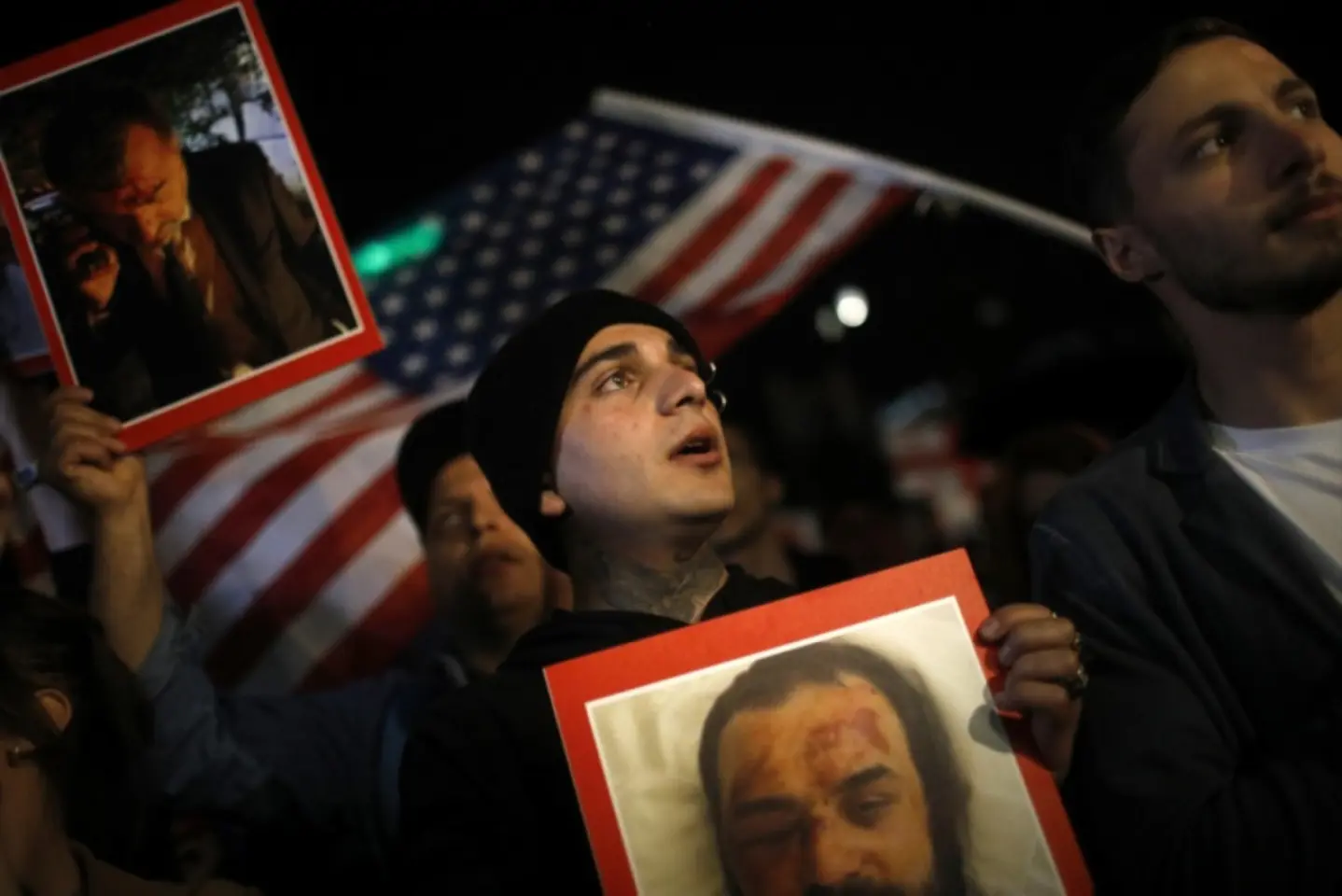
Georgia’s leaders mimicked Donald Trump’s rhetoric hoping to reset the relationship with the US, which was damaged due to Tbilisi’s democratic backsliding. However, Washington didn’t buy it.
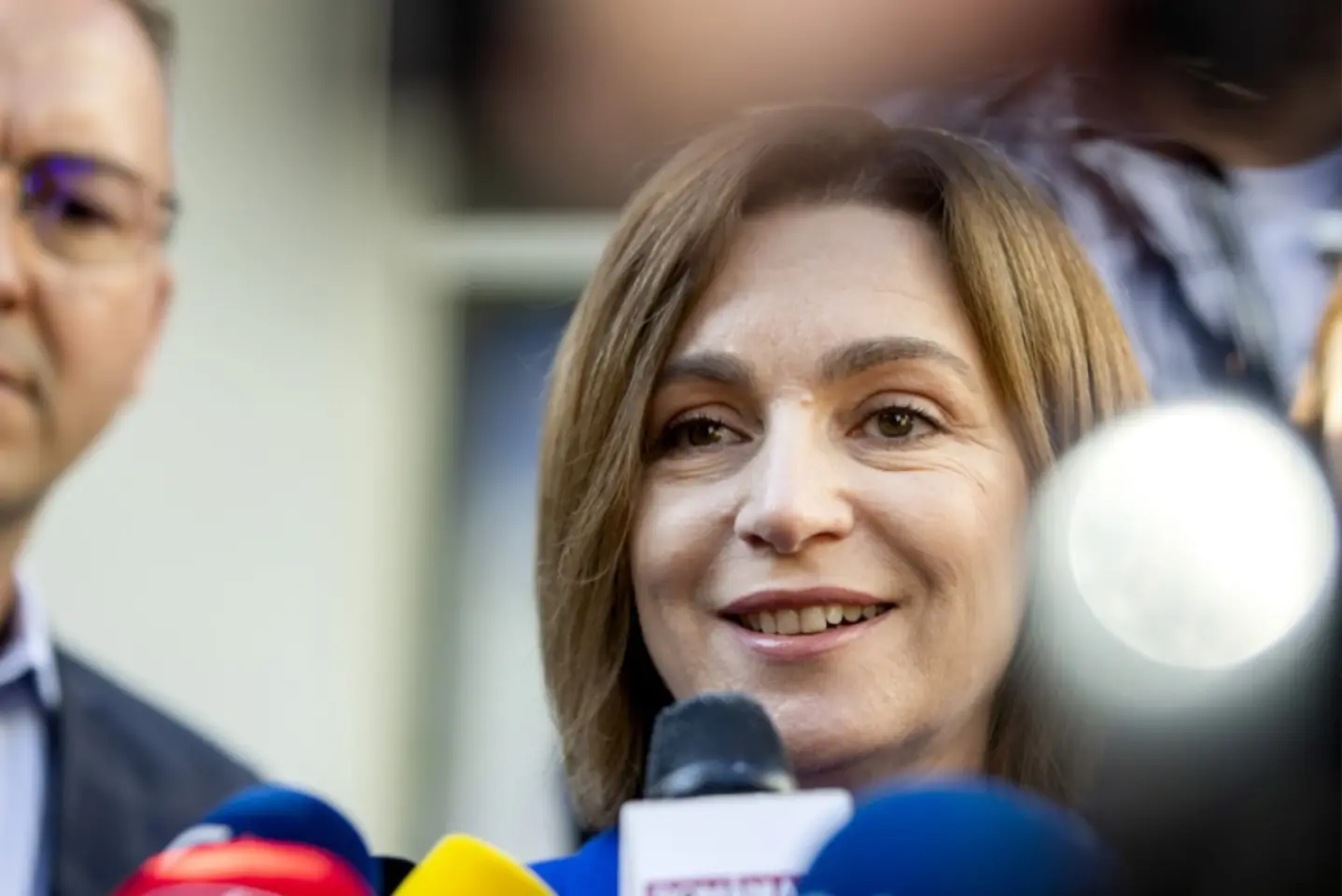
The pro-Europeans achieve a landslide victory in the parliamentary election in Moldova, following an election dominated by geopolitics and Russian interference, whose efforts ultimately proved futile. However, the results also show that the Republic of Moldova continues to remain deeply divided.
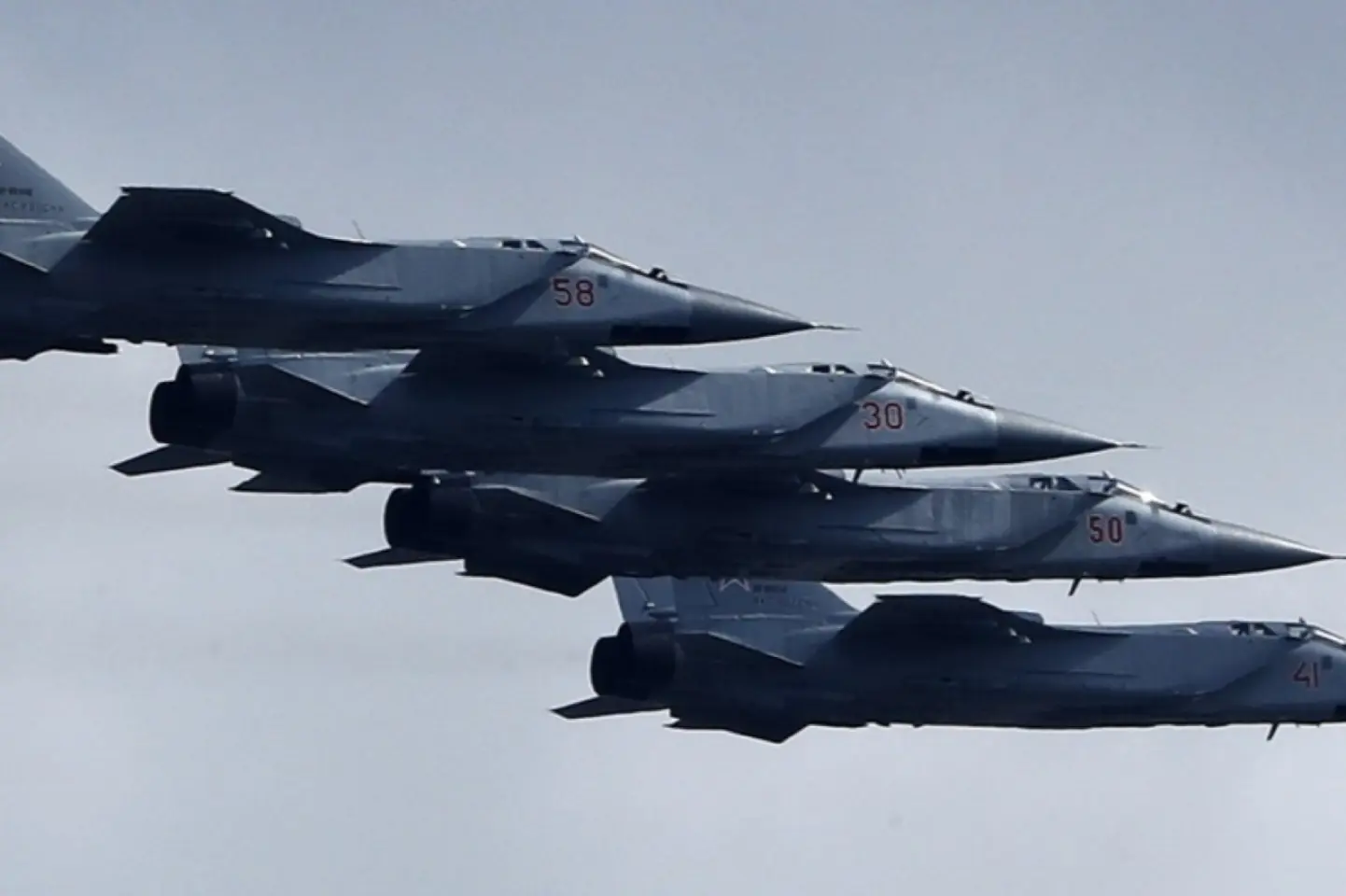
Expert: “I slept through the news about Russian MiG-31s flying over Estonian territory. That says something. If you had other things to do, it means this incident wasn’t that important”
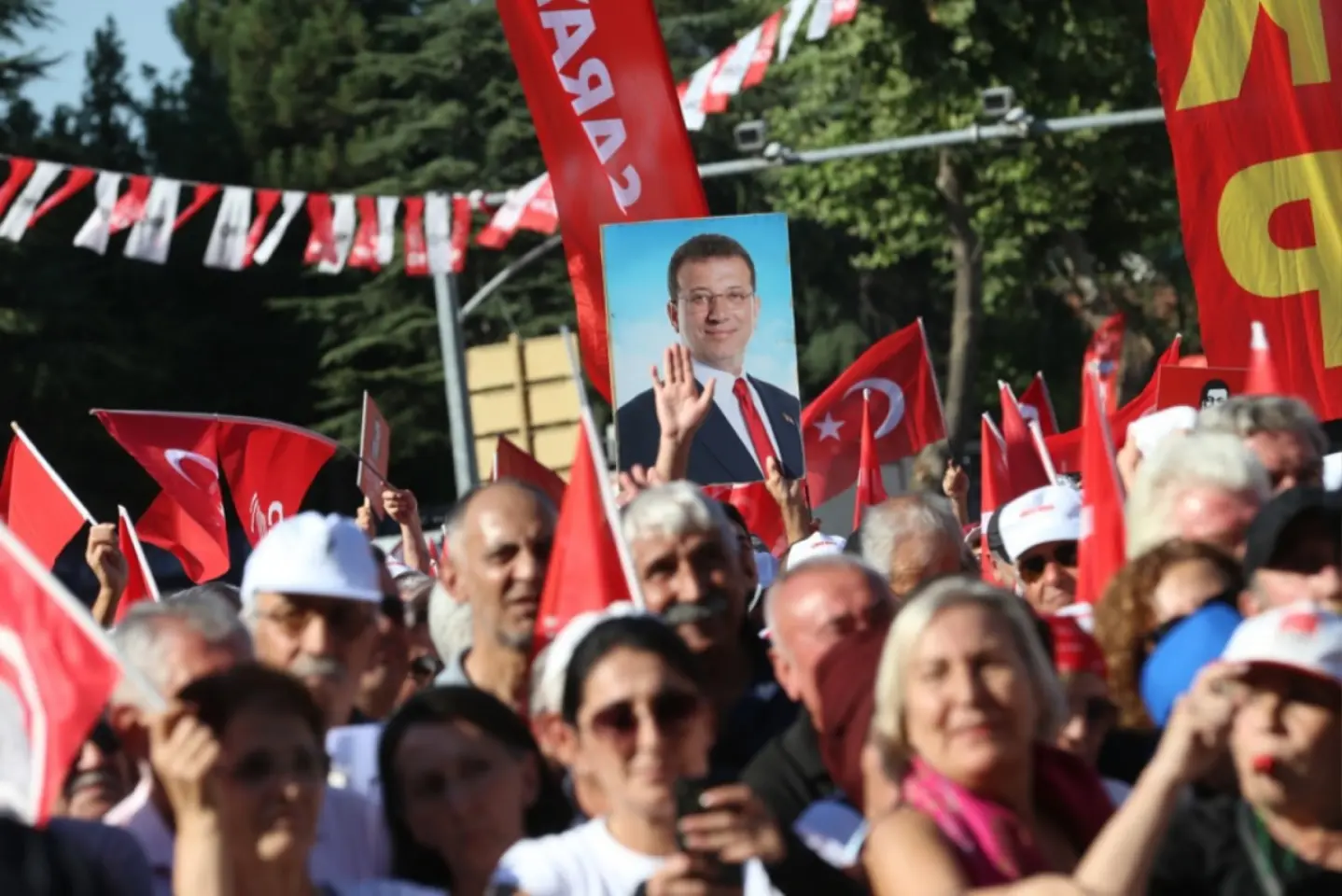
The campaign of arrests and court cases targeting Turkey's main opposition parties underscores the country's slide toward authoritarianism, a trend that has become increasingly clear over the past decade.
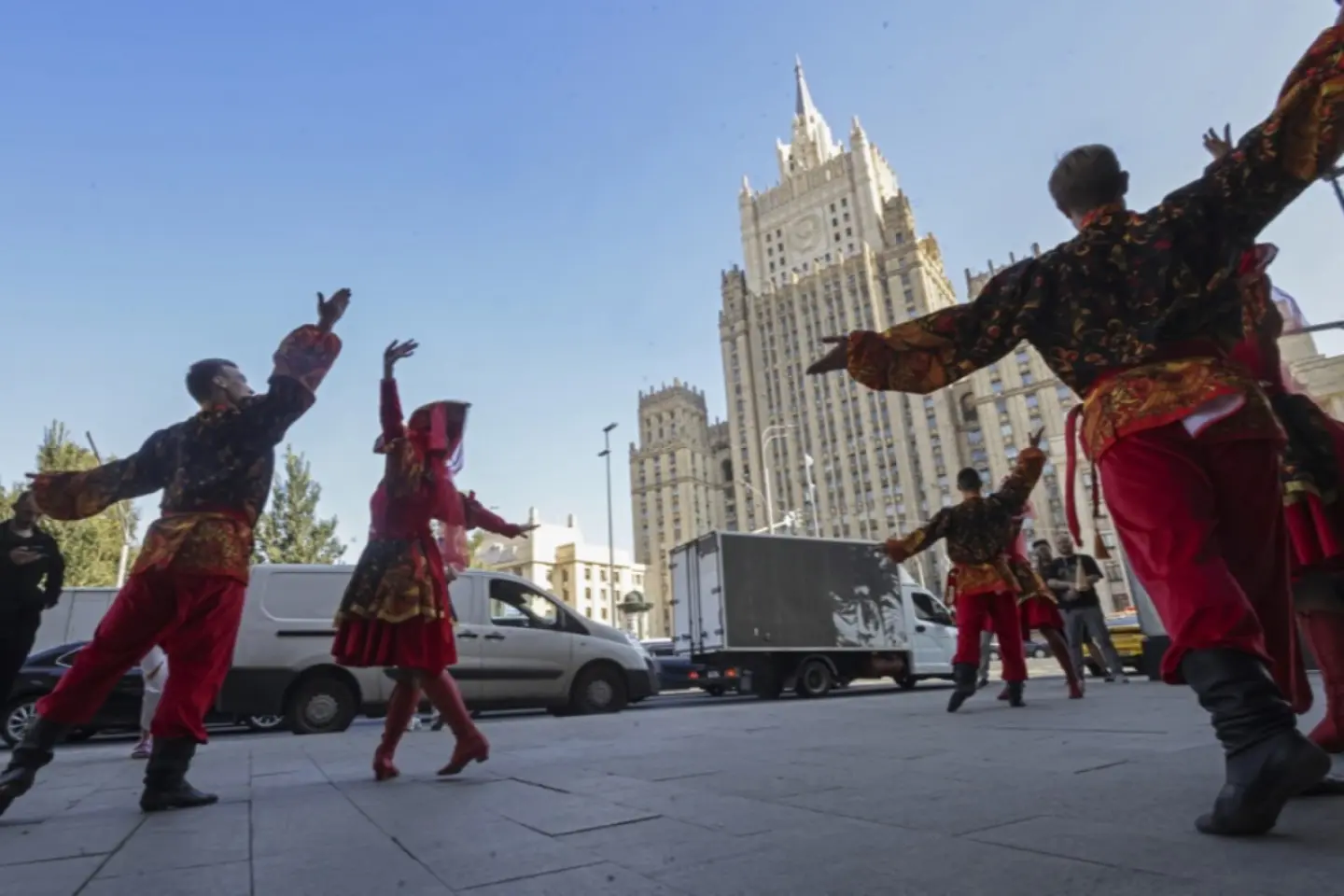
Newly leaked internal documents, made public after the exposure of Russian activists’ data, once again reveal the scale of financial flows directed at promoting pro-Russian ideas – in this case, in Moldova. The leaked documents highlight the key channels of financing, the structure of spending, and their potential Russian influence on public opinion abroad.
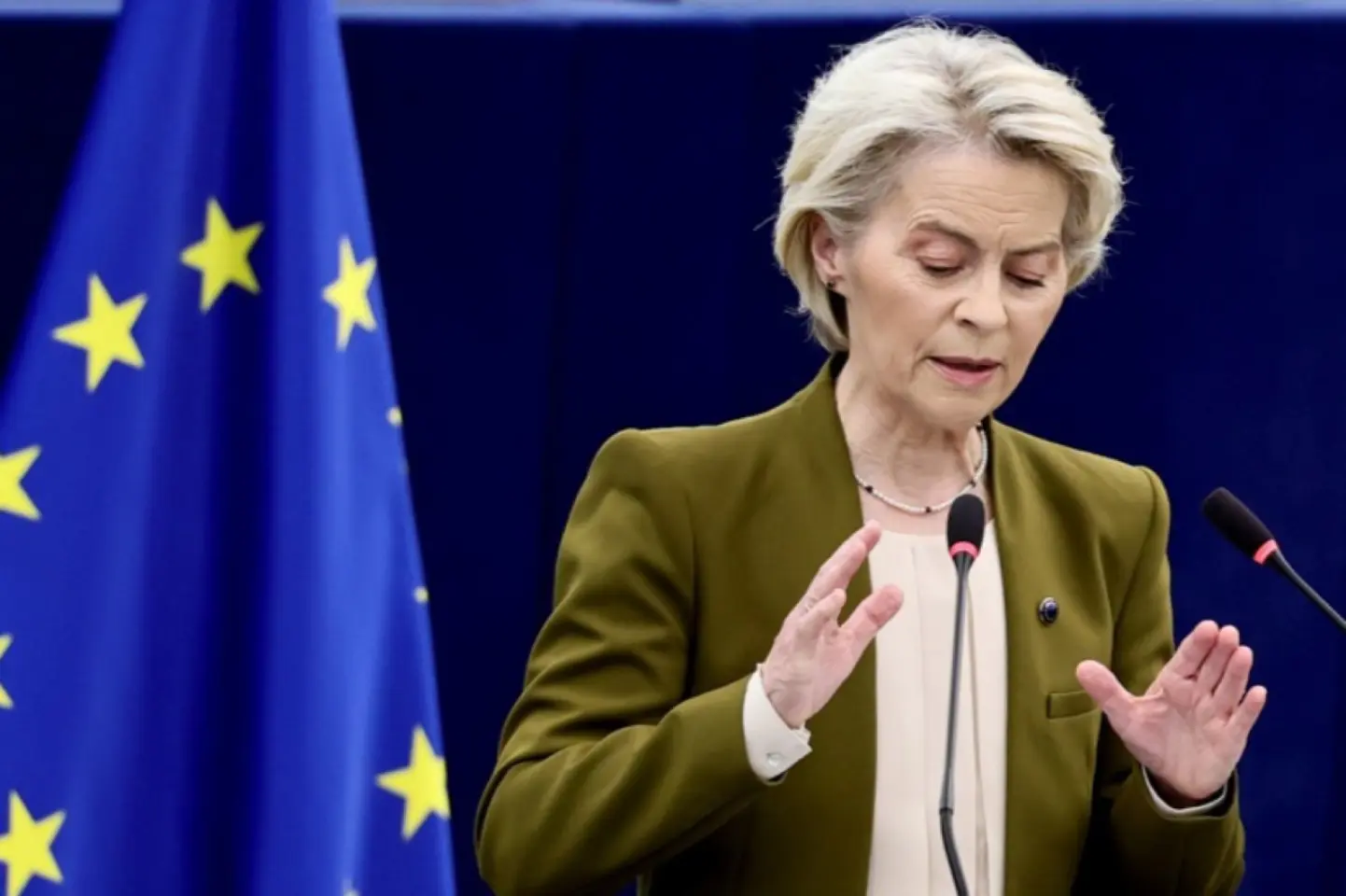
The European approach based on rules, deliberation and consensus seems ineffective in a world affected by multiple crises, with numerous actors refusing to play by the book. It is a world in which Brussels must (re)gain its relevance.
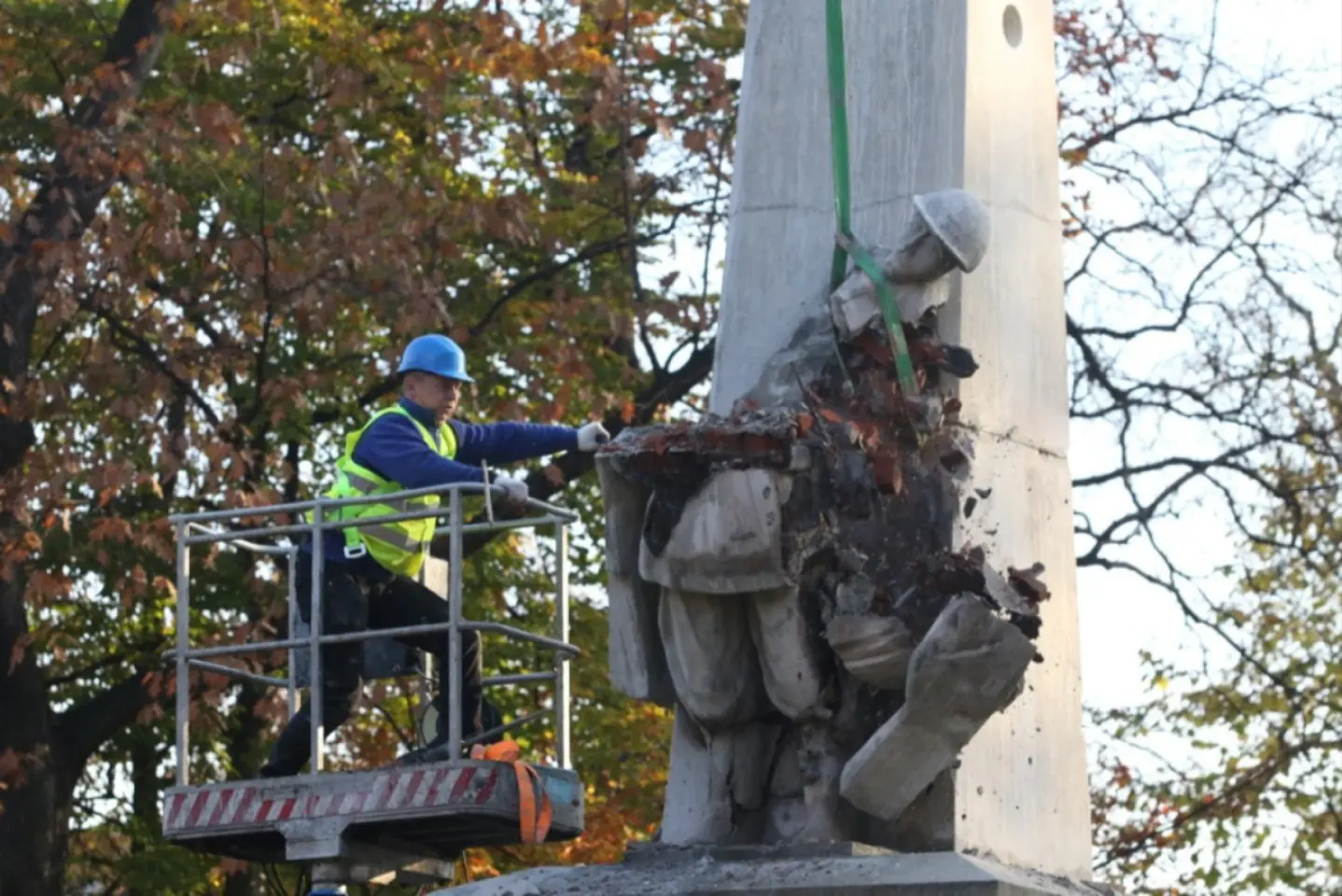
After the collapse of communist regimes in the early 1990s, the nations of Central and Eastern Europe faced a pivotal choice: embrace Western-style democracy and market economics, or remain in the post-Soviet sphere. Today, more than three decades on, the results of that choice are stark.
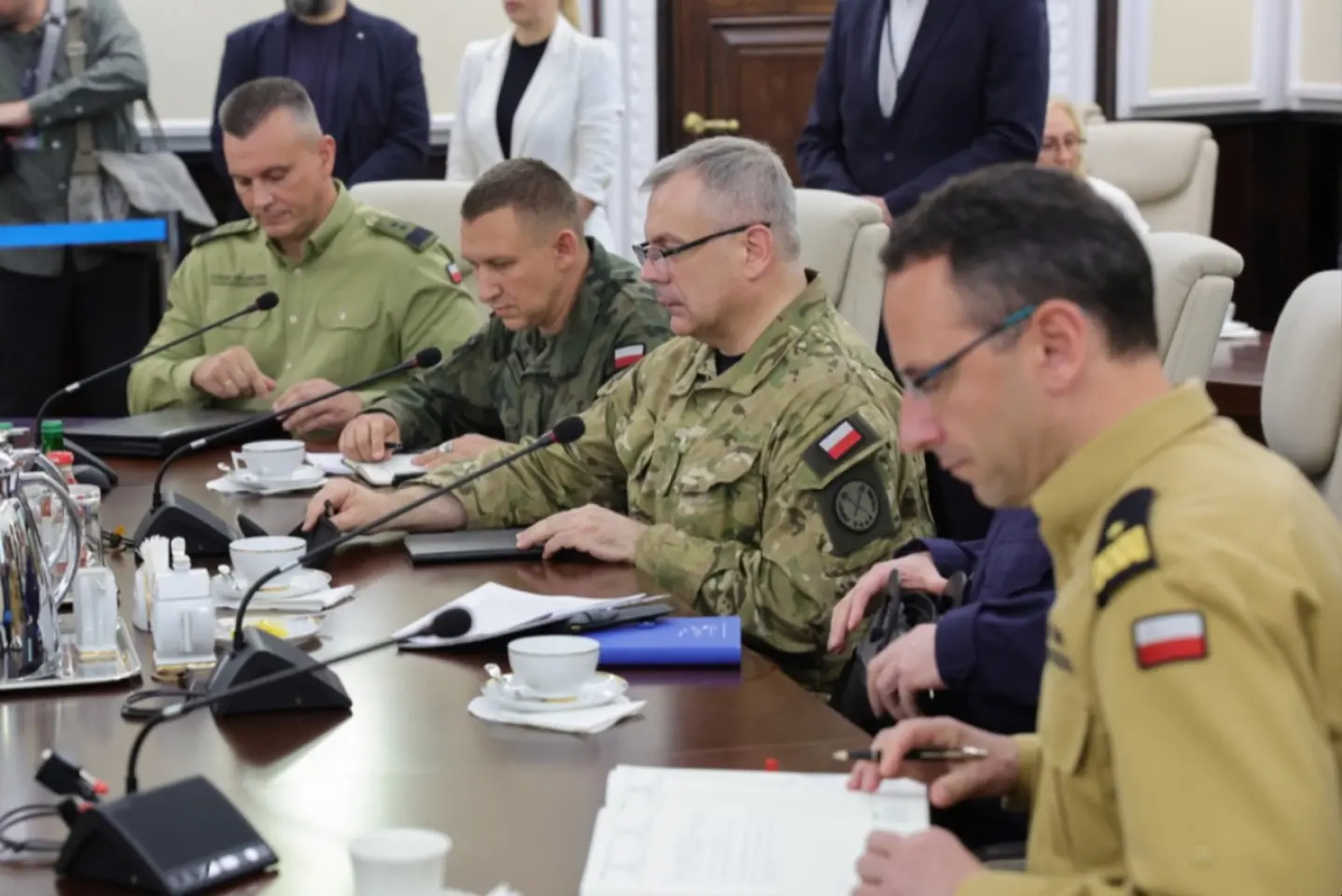
On Tuesday night, Poland’s airspace came under pressure from Russian drones in what experts call the most serious incident since the start of the war in Ukraine. The military responded, the government convened emergency meetings, and allies expressed support—but the question remains: what will the West do next?

More than three decades after the Soviet collapse, the three Baltic nations stand as prosperous democracies firmly anchored in Europe, while neighboring Belarus and Moldova still in Moscow’s orbit to varying degrees. The contrast, though sometimes clouded by nostalgia and disinformation, is stark.

The gap between Russia and the European Union in living standards, wages, and the rule of law seems obvious at first glance. Yet, in today’s world of populism and increasingly sophisticated propaganda, even such basic truths require careful restatement.
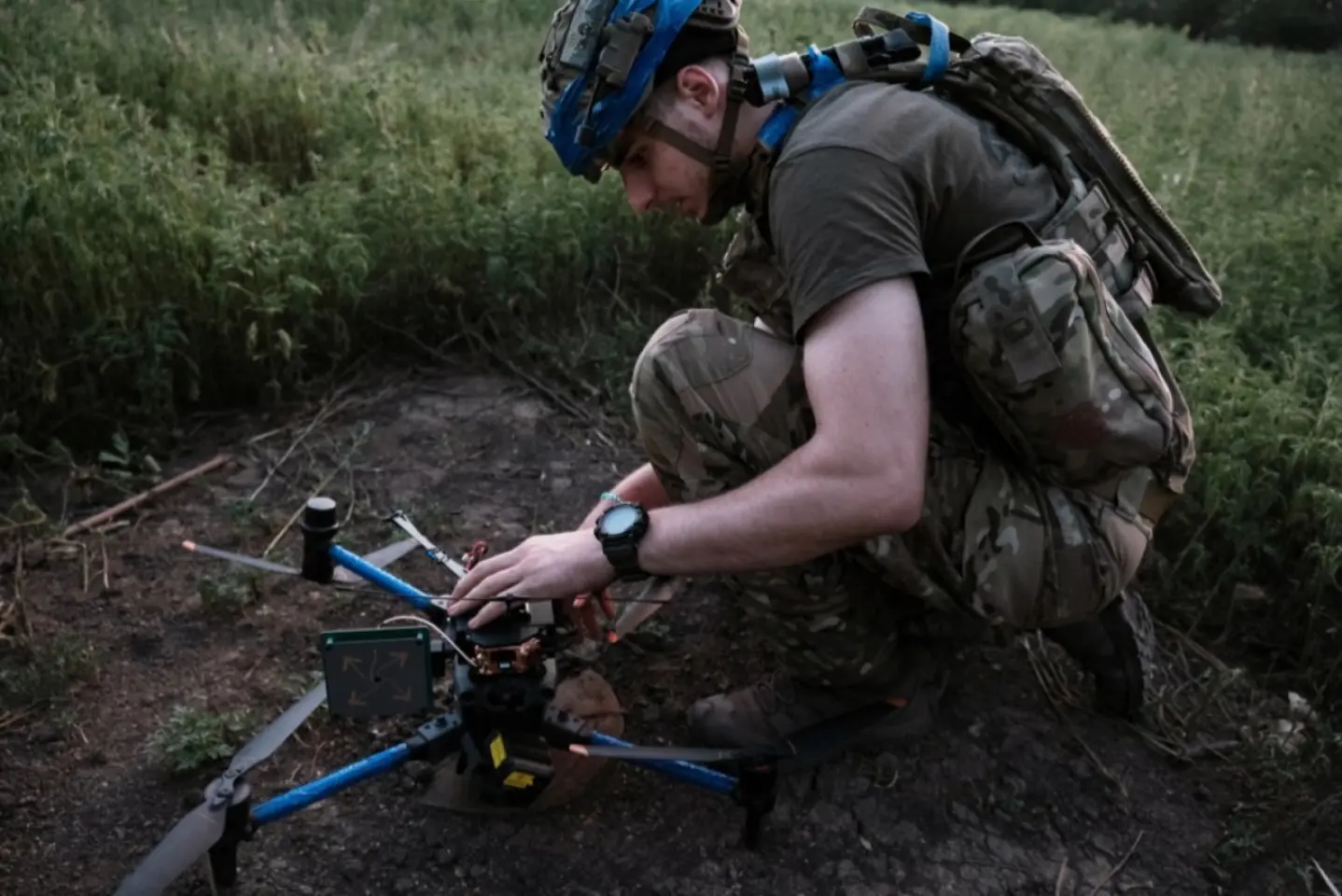
The war in Ukraine has shown that modern warfare is impossible without the involvement of drones.

The tragedy in Gaza is forcing the EU, the supporter of a world order based on the morality of international relations, to rethink its policy towards the Middle East.
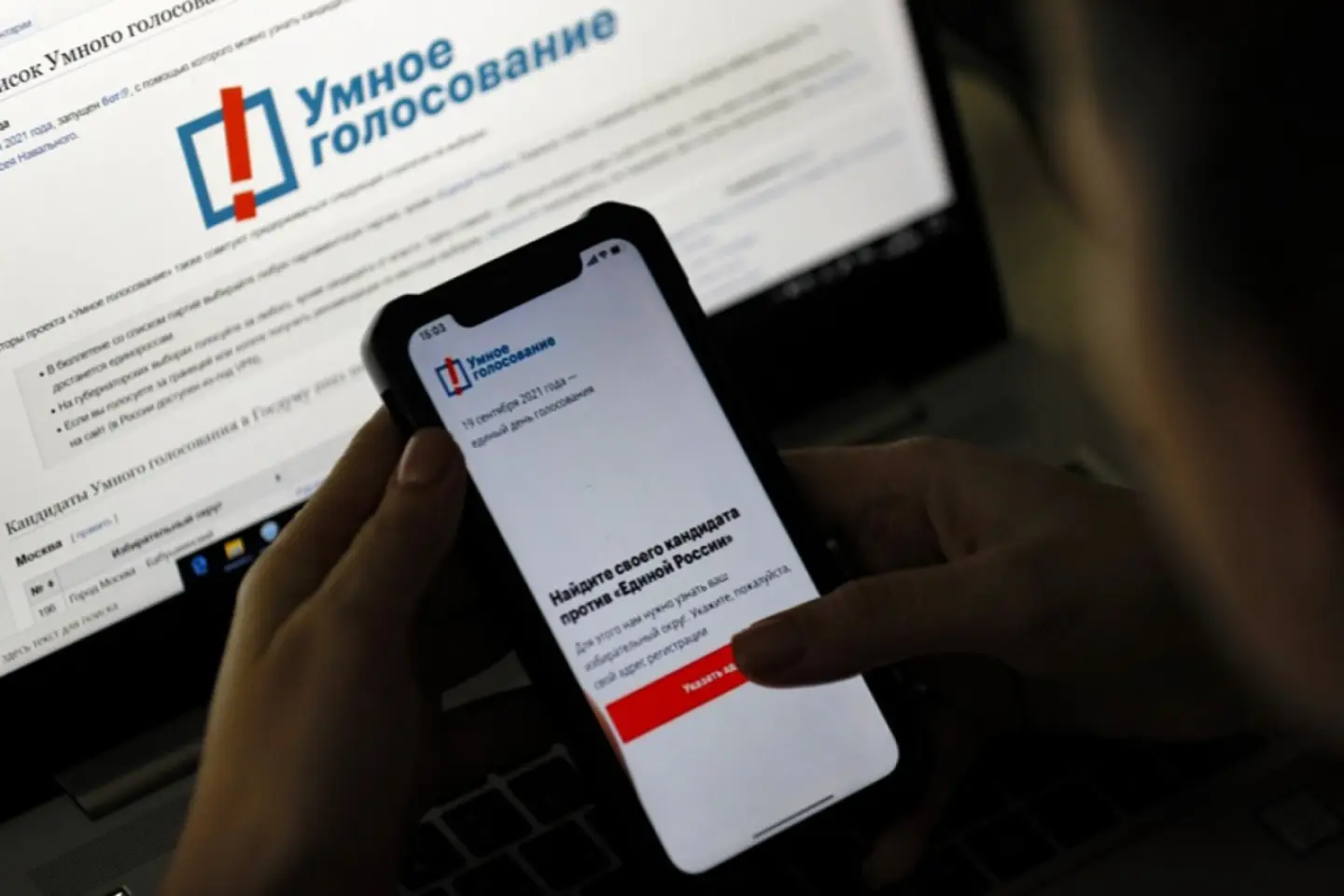
The networks, platforms, and services that once promised convenience and openness are now increasingly shaped by state control, geopolitical isolation, and the exodus of skilled talent.
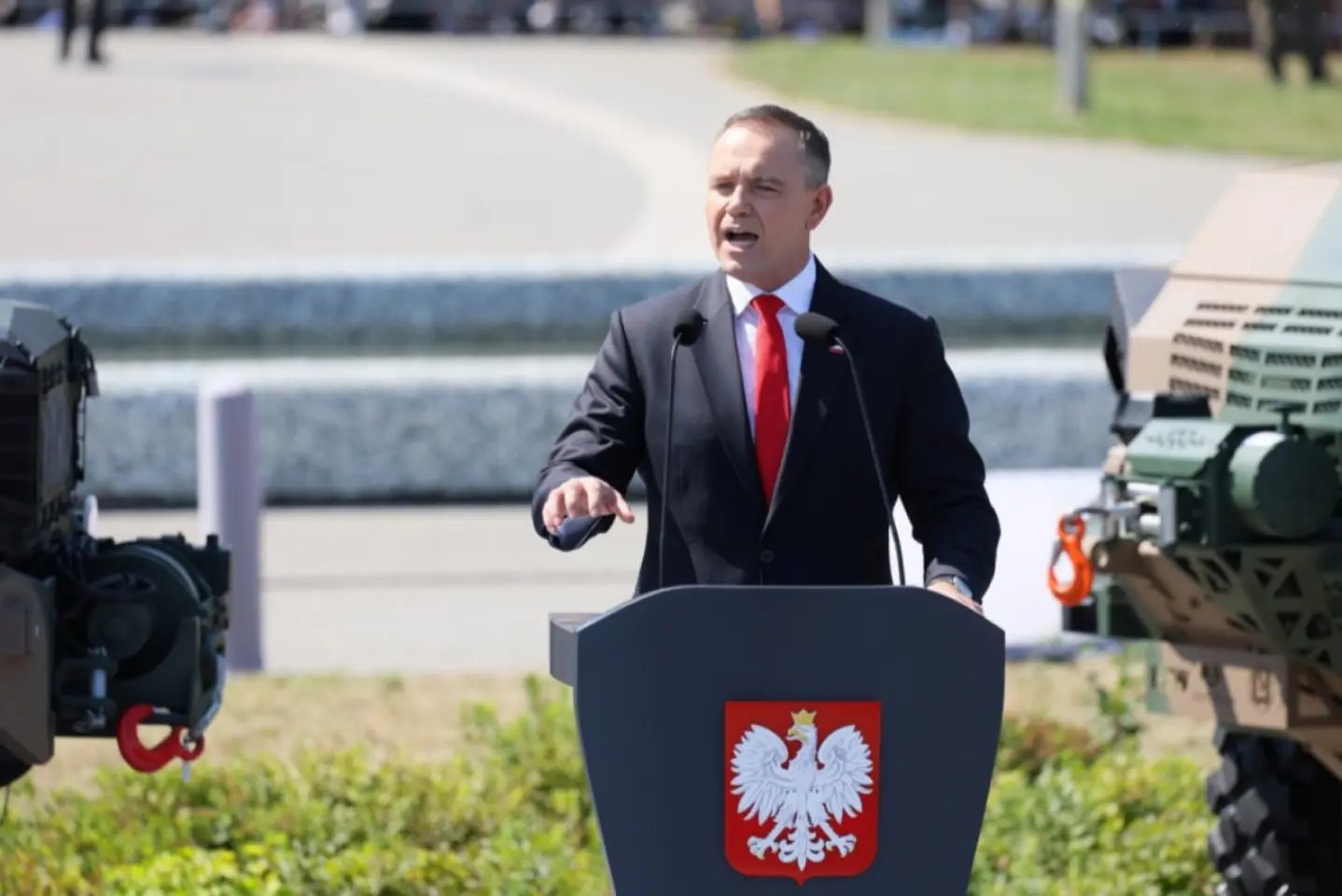
Nawrocki’s first statements and acts after he became president suggest that, rather than serving as a ceremonial head of state, he would attempt to establish himself as an alternative center of political power.

While under hybrid assault from Moscow, the Republic of Moldova is preparing for legislative elections that, like other elections in the past, are considered "crucial." The election will take place in a context where pro-Europeans are declining in popularity and the pro-Russian opposition is gaining strength.

Drones straying over Eastern Europe show that the War in Ukraine is no longer a distant spectacle

The migrant crisis, part of the hybrid war waged raged by Belarus (and Russia) against the EU.

The protests that took place in Ukraine in July, despite the war, show that the fight against corruption, which is vital for maintaining the European path, remains one of Ukrainians’ key aspirations.

Pro-Western protesters are once again taking it to the streets in Bulgaria, targeting the ruling-GERB establishment. Is this a resurgence of the opposition, or its swam song?

For many years, political loyalty to Putin bought access to wealth, security, and impunity. The war shed these privileges, and those who have fallen from grace can no longer even flee into exile.

Is EU’s top diplomat, Kaja Kallas, trying to punch above her weight?

There are at least two types of causes. The first is related to Romania's structural deficiencies, making institutions act more or less the same, regardless of the source of the danger, be it internal or external. The second, the easiest to deal with, stems from the specific nature of the relationship with Russia, the country from which the greatest threat to Romanian democracy comes today.

From the Caucasus to Central Asia and the Baltics, former allies are distancing themselves from Moscow’s orbit, forging new partnerships, and openly challenging the assumptions that once underpinned Russia’s dominance.

As the war in Ukraine drags into its third year, a critical question grows increasingly urgent: how will Russia reintegrate the ever increasing number of citizens who return from the front lines or who have become economically dependent on the war effort?

Ceban, banned in Romania, has made anti-EU statements and worked with the pro-Russian leaders Vladimir Voronin and Igor Dodon. He now wants to be the leader of the pro-European opposition, but there are suspicions that he prefers Moscow.
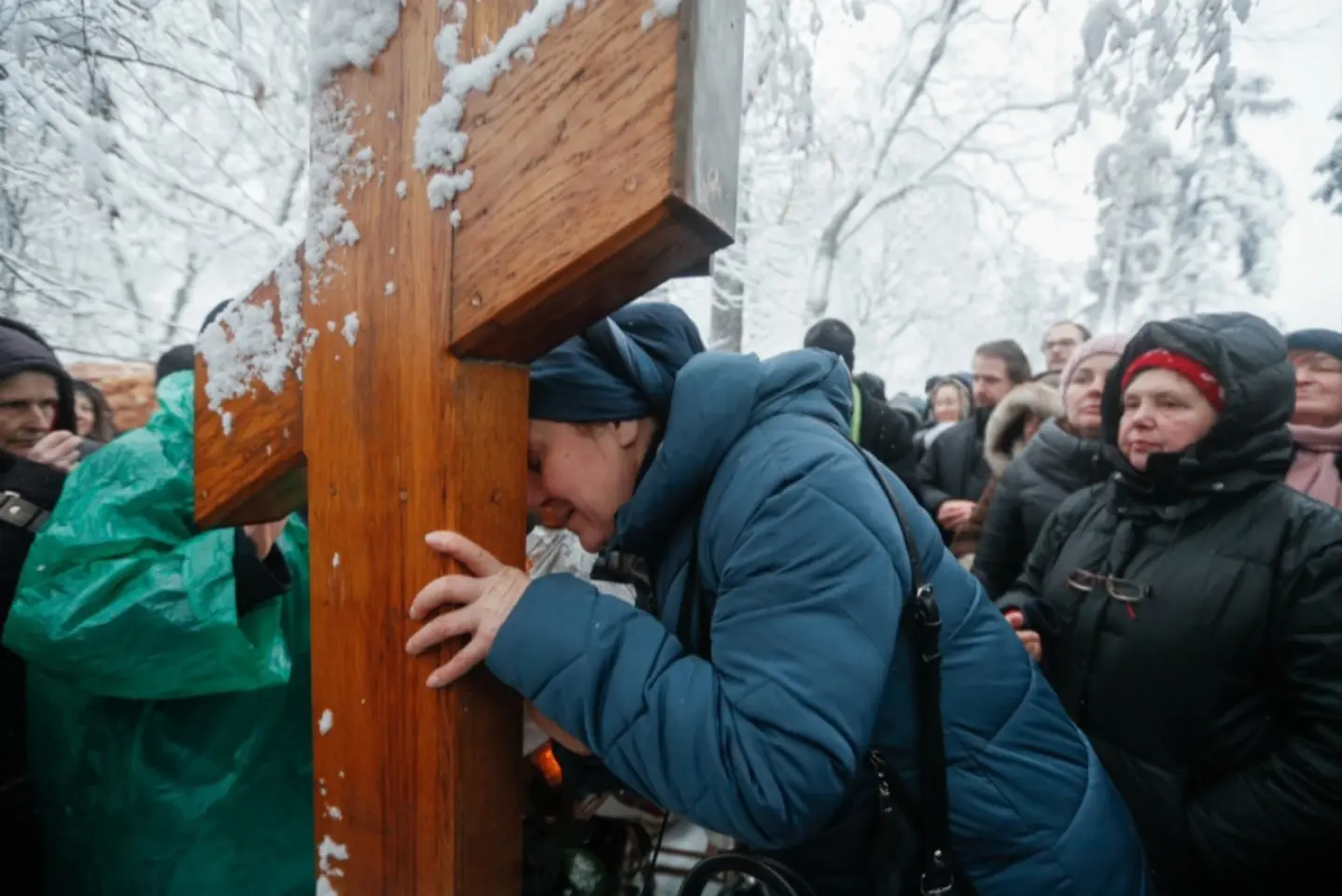
In Ukraine, the autocephalous church and the Moscow-affiliated church are disputing Romanian parishes. Parishioners, hooligans, (pro-)Russian propaganda, Ukrainian authorities, and Romanian sovereignists have become involved in the conflict.